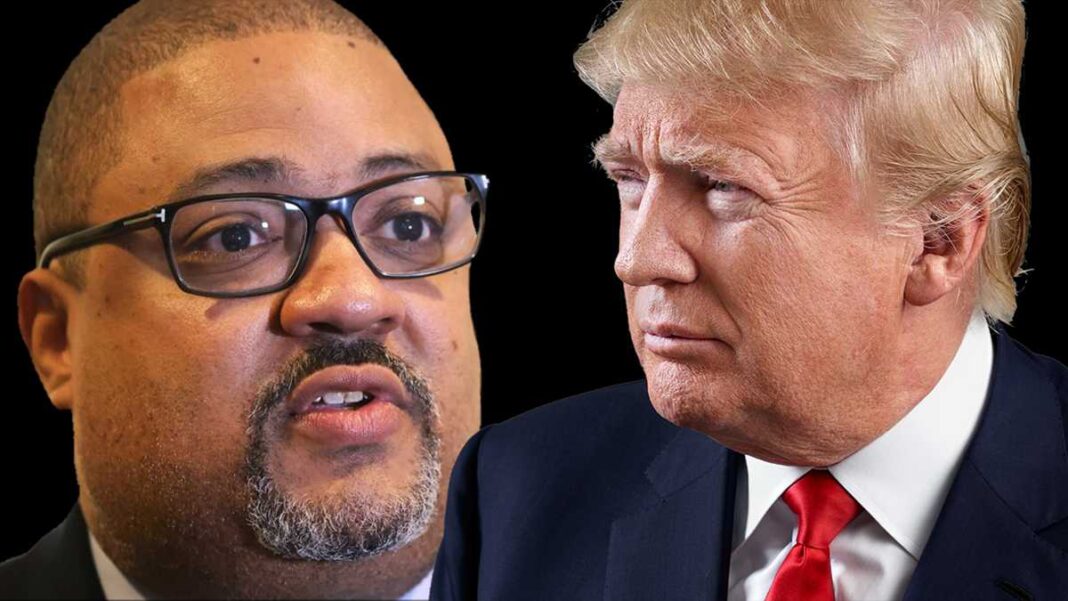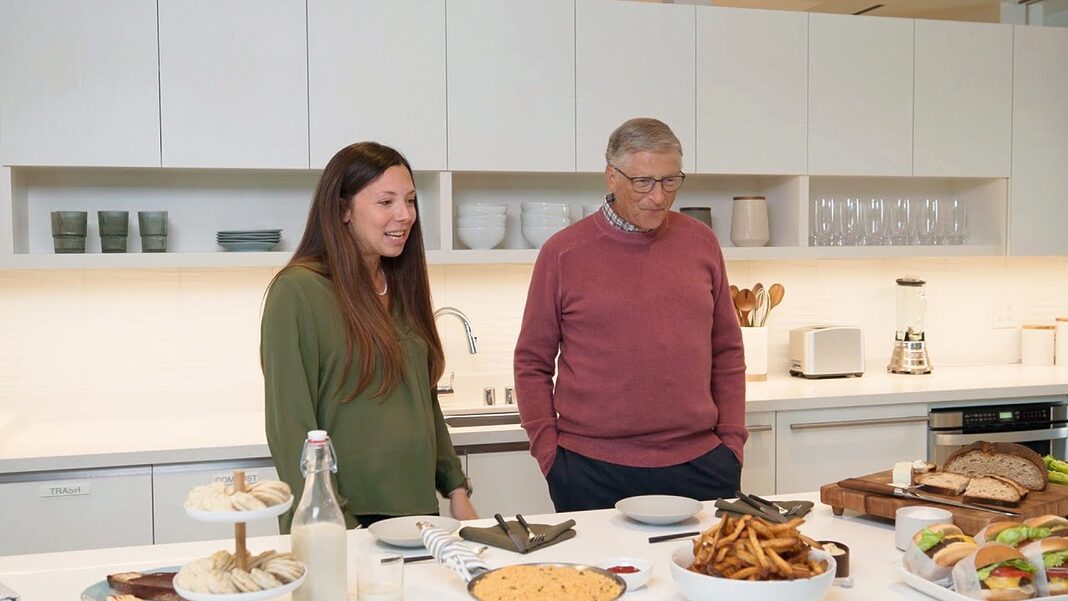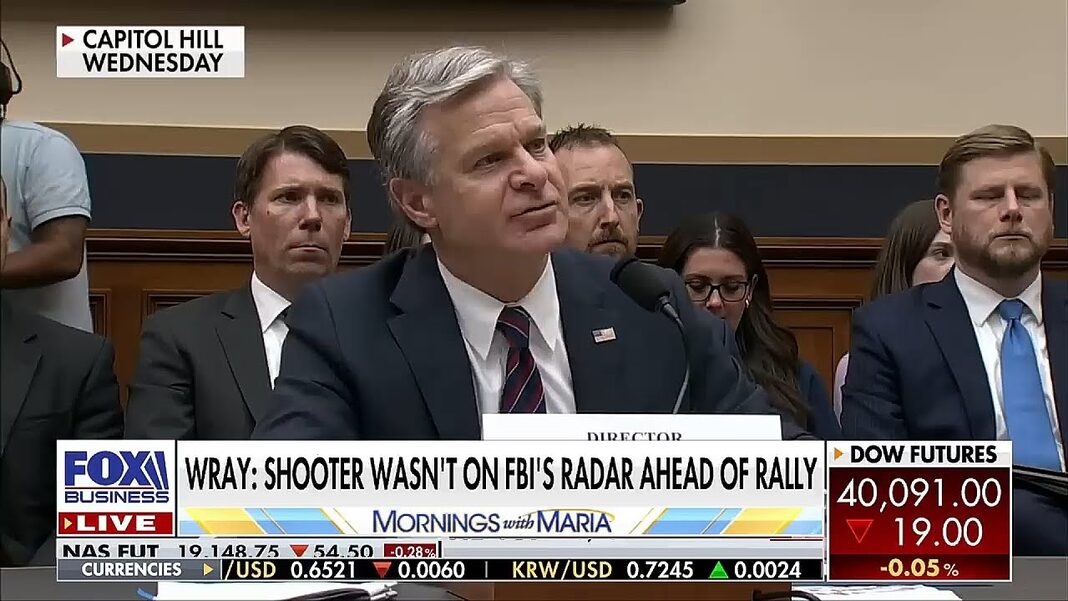The district attorney says that all criminal charges in this case involve ‘unofficial acts’ and therefore do not fall under presidential immunity.
In a new court filing, Manhattan District Attorney Alvin Bragg’s office argues that former President Donald Trump’s criminal case and guilty verdict are not affected by the U.S. Supreme Court’s recent ruling on presidential immunity.
“That decision has no bearing on this prosecution and would not support vacatur of the jury’s unanimous verdict (let alone dismissal of the indictment) even if its reasoning did apply here,” reads the July 24 brief.
In a separate criminal case against former President Trump, the U.S. Supreme Court had ruled that presidents enjoy absolute immunity for core constitutional conduct, presumptive immunity for official acts, and no immunity for unofficial acts. Chief Justice John Roberts, writing the majority opinion, also stipulated that communications between a president and his aides cannot be probed for the purposes of determining whether an act was official.
Hours after that ruling on July 1, attorneys representing former President Trump in his Manhattan case asked New York Supreme Court Justice Juan Merchan to throw out the indictment and guilty verdict, arguing communications between President Trump and his aides had been used as evidence before a grand jury that returned the indictment and a jury that returned a guilty verdict.
The district attorney is arguing that all criminal charges in this case “stem from defendant’s ‘unofficial acts’—conduct for which ’there is no immunity.’”
Prosecutors also argue that the affected evidence is only a “sliver” if the “mountains of testimony and documentary proof that the jury considered,” therefore not warranting dismissal.
Timing of Objections
Prosecutors had relied on testimony of White House Communications Director Hope Hicks and Oval Office Director of Operations Madeleine Westerhout to establish that President Trump had signed Trump Organization checks at the White House.
Defense attorneys had raised presidential immunity objections to Ms. Hicks’s testimony, and Justice Merchan had overruled the objections. The defense had also objected during Ms. Westerhout’s testimony, but not specifically citing presidential immunity.







